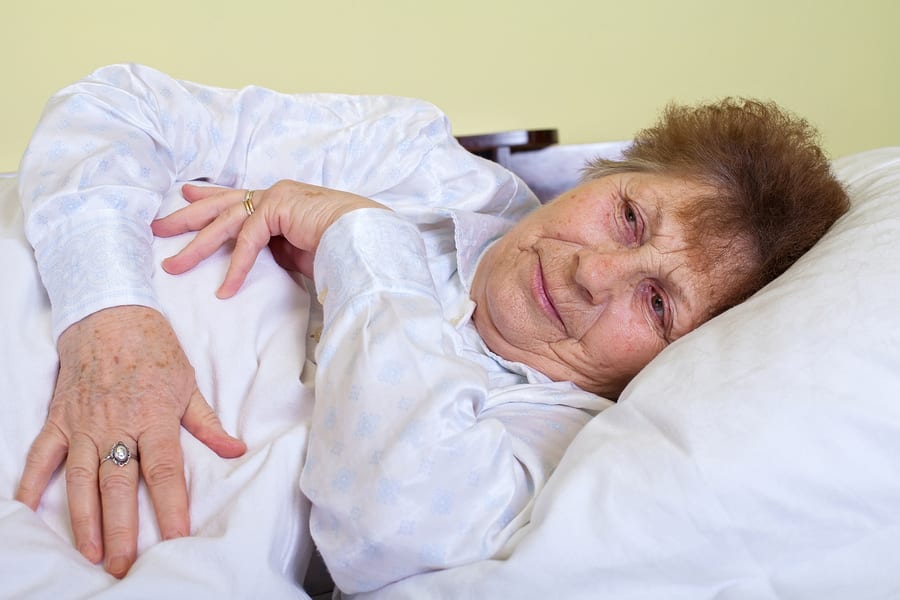When a family member becomes immobile, either from a medical procedure or from old age; it is important to keep an eye on them in order to reduce the risk of serious health complications while they are bed-ridden. Knowing what to look for can help reduce the risks of these complications.
Indigestion and Nausea
While immobile, the body’s metabolism tends to slow down. This reduces the body’s ability to properly digest. This can lessen the amount of nutrients received from food, and can slow the rate of waste production. Malnourishment and nausea can become a big issue from this, and complications from being malnourished can worsen their condition overall. a lack of nourishment in immobilized individuals can prolong their season of immobility, and can make them more susceptible to other health problems down the line. Activity and motion, including physical therapy can help boost the metabolism and get it going.
Bed Sores
Bed sores, also called decubitus ulcers, are spots where the skin has become damaged or broken from sustained pressure (generally from a bed or chair). Bed sores look like splotchy red bruises at first, but can quickly escalate to where the skin can deteriorate. This can occur anywhere on the body, but manifests most often on the buttocks, shoulder blades, heels, back of the head, and elbows. Bed sores signal a problem in blood flow and a lack of movement. They also increase the likelihood of infection and disease. Rotating every few hours, the use of pillows, physical therapy, and hygiene can help prevent bed sores.
Pneumonia
Pneumonia is caused by the buildup of fluid within the lungs. This can happen while the immobilized person is lying down or sitting still for long periods of time. Pneumonia causes the fluid filled air sacs in the lungs to become irritated. Early symptoms can include fever; coughing; producing phlegm that is yellow, green, or bloody; shortness of breath; shallow breathing; fatigue; sharp pain in the chest; loss of appetite; nausea or vomiting; and confusion. If you believe your loved one is developing pneumonia, seek medical attention immediately.
Home Care For the Immobilized
Caring for a loved one in a compromised position such as temporary or permanent immobilization can be a full time job. Consider hiring a Home Health Aide or Nurse to assist your loved one throughout the day. A home healthcare professional is trained to take care of complications that may arise from a lack of mobility, and can take measures to prevent them from the start.
Safe Harbor Healthcare Services does not provide medical or healthcare advice via articles. This material has been prepared for informational purposes only, and is not intended to provide, and should not be relied on for medical advice.
Safe Harbor Healthcare Services has been providing excellent home care on Staten Island since 1967. Our services help the elderly and disabled live safely and independently; while giving their families the peace of mind they need. For more information contact Safe Harbor at (718)-979-6900.

